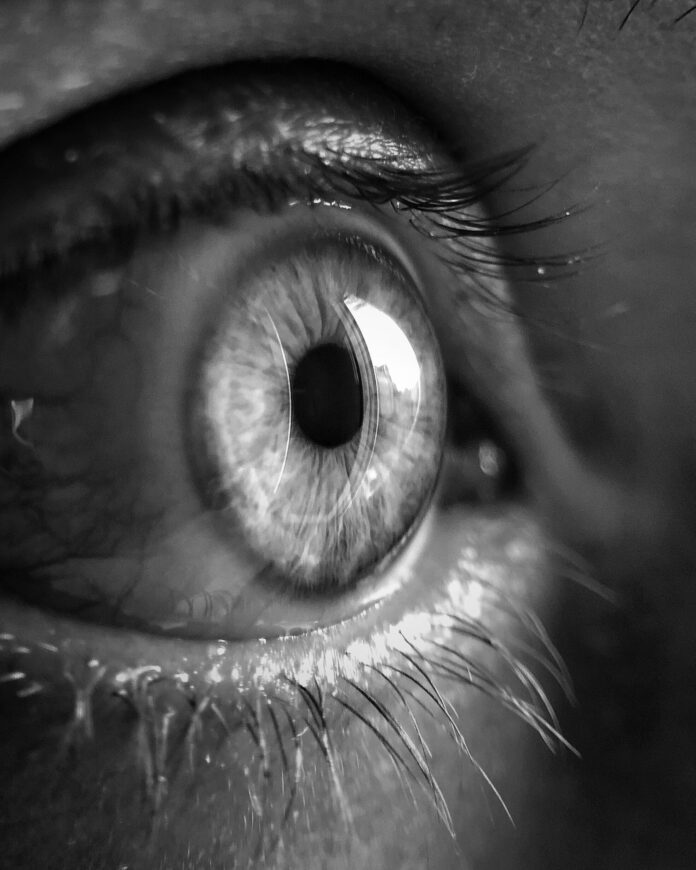The roles of the eyes need no explanation. These two organs that sit comfortably in our heads are so important that life can be extremely difficult when they do not work properly or do not work at all. But did you know that there are common habits that can affect your eyes and make them perform at suboptimal levels? Let’s check out three of these common habits.

1. Excessive screen time
Many people tend to spend long hours in front of their screens, either for work or recreation. However, prolonged screen time is a leading cause of a group of visual problems, all collectively known as computer vision syndrome. This syndrome comprises symptoms such as blurred vision, headaches, double vision, eye irritation, dry eyes, and neck pain. While there is no evidence that staring at screens for long causes long-term eye damage, the habit can lead to eye strain and discomfort and significantly affect your vision. One way to avoid this is to follow the 20-20-20 rule: every 20 minutes, look at something 20 feet away for 20 seconds. You can also adjust your screen brightness, maintain a proper distance, and blink frequently to keep your eyes moist.
2. Rubbing your eyes
Rubbing your eyes may be satisfying at that instant. But no matter how good it makes you feel, you should avoid this habit. Rubbing your eyes can damage the fragile skin around your eyes and even cause harm to your vision. Vigorous rubbing can lead to the thinning of the cornea and increase the risk of developing keratoconus, a condition where the cornea bulges outward. It also increases your likelihood of transferring germs from your hands to your eyes, potentially leading to infections like conjunctivitis. An alternative to rubbing your eyes is using a cold compress to relieve itching or discomfort.
3. Working in dim light
Working or reading in dim light can cause eye strain or fatigue. Just like spending too much time on screen, inadequate lighting may not necessarily cause permanent damage to your eyes, but it can lead to discomfort, headaches, and temporary blurred vision. To prevent eye strain, ensure that your workspace is well-lit. Use task lighting that evenly illuminates your work area, and position it so that it does not create glare on your screen or reading material. This helps reduce the strain on your eyes, making it easier for you to focus.
Related post: How to Care for Your Prescription Glasses
Remember to subscribe to our newsletter for more updates.









